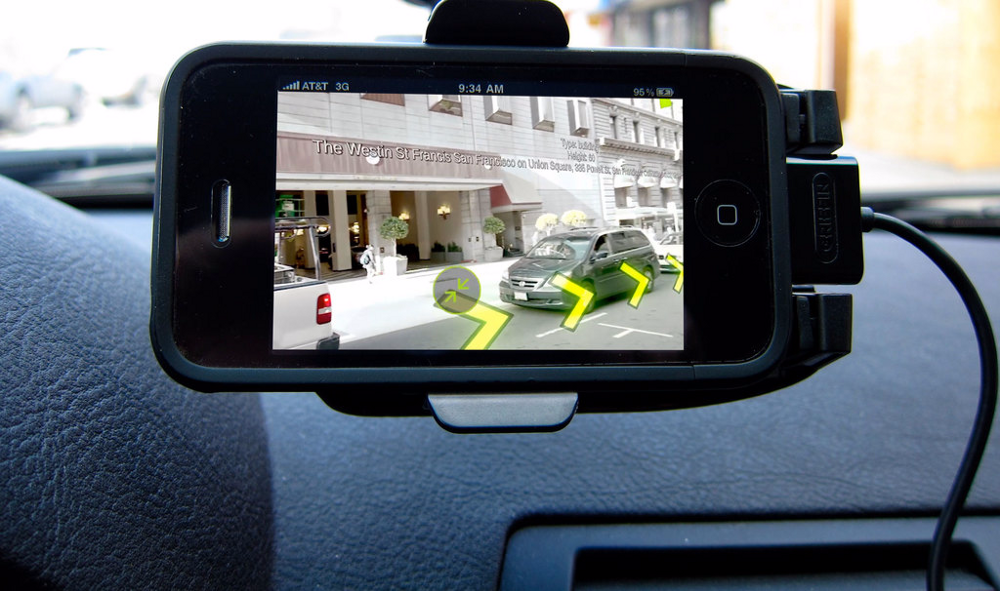
Buckle up for Space Age 2.0: It’s a $3 trillion ride!
Until not too long ago, cash-rich government agencies had their monopoly on outer space exploration. But the last decade has seen the game change completely with plummeting launch costs and evolution of small and affordable satellites. Everybody, from billionaire entrepreneurs to college kids, is chasing their childhood dream of exploring space. Advances in computer vision and machine learning are pushing the frontier of what satellites can do for us.
Is it a wonder then that analysts at the Bank of America Merrill Lynch (BofAML) expect the private space industry, which is valued at $350 billion right now, to octuple to nearly $2.7 trillion in the next 30 years? “We are entering an exciting era in space where we expect more advances in the next few decades than throughout human history,” the investment bank has said in a recent report, according to CNBC.
BofAML’s bullish predictions come on the heels of a much bleaker forecast by Morgan Stanley which foresaw the private space industry to grow to $1.1 trillion by 2040. While Morgan Stanley credits the rapid increase in the demand for data and the falling cost of access to space as the key to this growth, BofAML believes that “a raft of new drivers” and disruptive technologies are leading us to “Space Age 2.0.” These innovations include Space X’s reusable rockets and low-cost launch facilities from companies like Rocket Lab.
Some of the factors which will propel us to Space Age 2.0, according to BofAML, are:
- More than $16 billion has been invested in space startups since 2000
- 16 out of the world’s 500 richest billionaires have investments in the space industry
- Human missions to Mars are planned between the years 2024-2030s
So, even though BofAML acknowledges that traditionally, organizations in the space industry have had trouble turning profits, the firm also realizes that “for investors with a truly long-term time horizon, it is one of the final frontiers of investing.”





